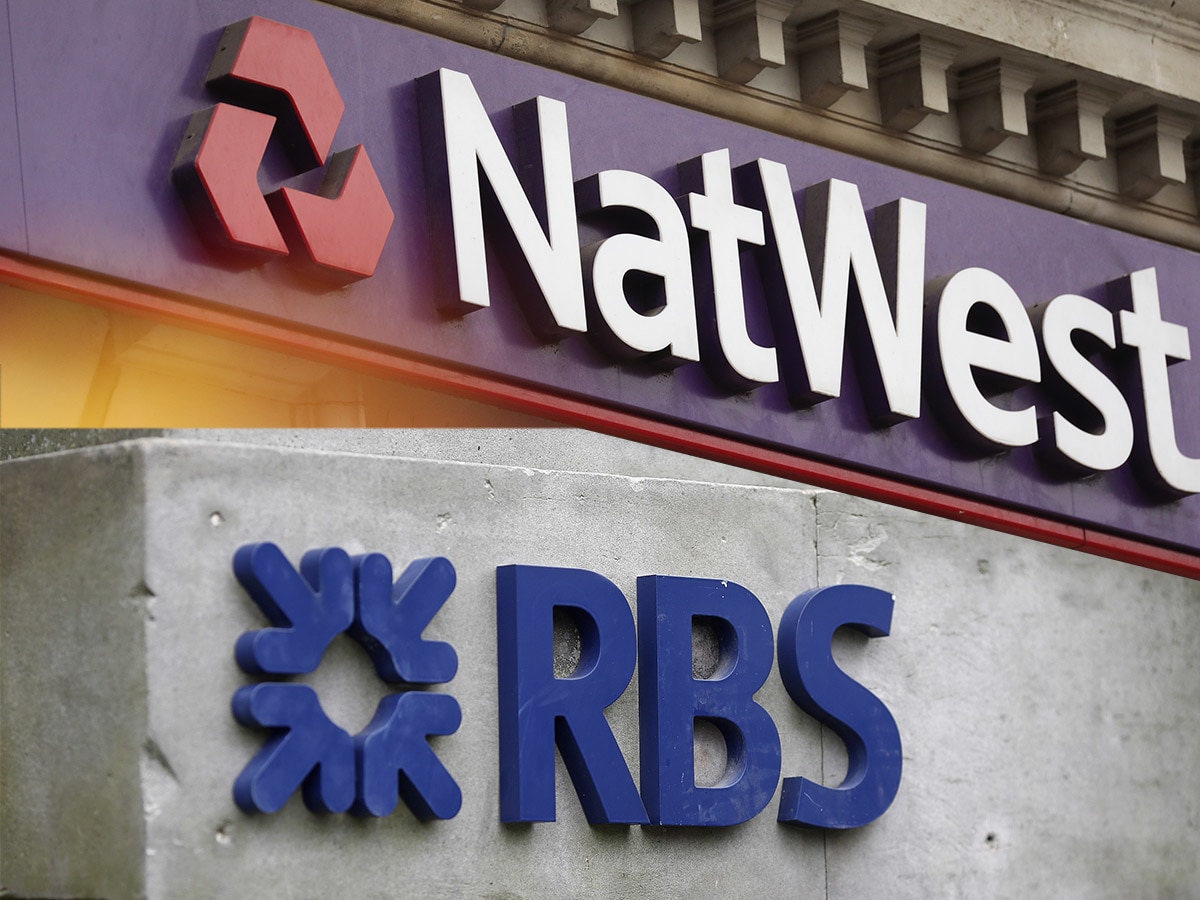US markets finished on a much more positive note yesterday on optimism that last night's waterfall of tech earnings after the bell would help continue a stabilisation in sentiment, after what has been a brutal week for equity markets in general.
This proved to be a false hope, despite some by and large fairly decent numbers. Amazon for example blew the doors in terms of profits, making more money in the first nine months of the year than the whole of 2019, while also adding over 400,000 jobs since the beginning of 2020.
Investors weren’t impressed however as the shares were sold off after hours over some disappointment over its estimate for operating income in Q4. This comes across as nit-picking somewhat, given Amazon estimates for Q4 sales were even higher than their record-breaking Q3, but nonetheless we’ve seen tech stocks in Asia also rollover after Apple sales of iPhones fell short in their Q4 numbers. Again, this shouldn’t be a surprise when everyone knows that Apple has a new iPhone model coming out in the upcoming quarter. Who wants to buy a new iPhone that will be quickly be replaced by a newer model in a matter of weeks?
This negative tone in Asia has manifested itself with a similarly negative open this morning in Europe, as markets here look set to post their worst weekly performance since the sell-offs seen in March, as concerns over a lack of demand over the winter months undermines sentiment.
Oil prices have also been crushed this week, over demand concerns as new lockdown measures kick in, and look set for their worst week since April, bad news for oil companies that have seen their margins improve a touch from the lows in March, and the huge losses we saw them post in their Q2 numbers.
This morning’s latest Q3 GDP numbers from France have served to reinforce the narrative, that while Q3 saw a solid rebound in economic activity as countries across Europe came out of lockdown, the best of the rebound is now in the rear view mirror, as the country goes into a new one month partial lockdown, starting today, with Germany set to follow on 1st November, and the UK government increasing localised restrictions across parts of England in response to surging hospitalisations there.
The European Central Bank did hold out the prospect of further stimulus when it meets in December, but decided to sit on its hands yesterday, and while some have criticised its inaction, it's hard to see what else they could have done, given that there is no prospect of fiscal stimulus in the short term, and we have a US election next week in which the outcome is a little uncertain.
The newly renamed NatWest Group completes this week’s updates on the UK banking sector, in a week that has by and large painted a better than expected picture of the health of UK banks in general. Yesterday’s numbers from Lloyds showed that mortgage demand especially had helped to boost their business in Q3 as more people sought to take advantage of next year's stamp duty deadline.
This morning’s numbers from NatWest have seen the bank post pre-tax profits of £355m for Q3, with the bank setting aside another £254m in respect of on-performing loans, helping to push the shares to the top of the FTSE100 in early trade. This provision was lower than expected and comes on top of the £2.8bn set aside in the first half of this year. Like its peers the bank said it expects full year impairments to come in at the bottom end of expectations, in their case at the bottom end of £3.5bn to £4.5bn. While today’s quarterly profit is welcome, it still hasn’t been enough to push the bank into profit for the year to date, with the bank currently in loss to the tune of £415m.
As with all the other banks, shareholders will be hoping that they are right, but as we head into winter and various parts of the UK start to go into stricter and tougher restrictions, one can’t help feeling that the banks might have been better served over provisioning just to be on the safe side. Net interest margin remained steady, albeit slightly lower at 1.65%.
British Airways owner IAG has also released its latest Q3 numbers and they aren’t a pretty picture. Passenger revenue for the nine months to 30September is down 71.4% to €4.89bn, from €17.08bn, and total revenue down 66% to €6.5bn. The Q3 operating loss was €1.9bn with passenger capacity down 78.6%, on the same quarter a year ago. This has seen the airline slide to a loss including exceptional items of €5.56bn, compared to a profit of €1.8bn a year ago.
These are dark times for the airline sector and while IAG has just completed a €2.74bn capital raising which has improved its capital position, with over €5bn of cash now at its disposal, the next few months are likely to be crucial in terms of management projections for breakeven in terms of net cash flows from operating activities. This was originally expected to happen in Q4, however it now looks increasingly likely that we may not see this until Q2 at the earliest, if current lockdown restrictions remain in place over the winter.
Continuing with the airline theme Air France-KLM has become the latest European airline to take a scalpel to its winter schedule cutting its capacity to 35% from a year ago, for the French business and 45% for the KLM side. This still seems rather high when compared to IAG, which has cut its schedule to 30% and Lufthansa, 25%. This is likely to mean that the airline loss for Q4 is likely to be materially worse than the Q3 loss of €442m. As such the prospect of the airline having to raise new equity has become more urgent, a task that CFO Frederic Gagey has said they are working on. Unsurprisingly given its sensitivity to airlines' ability to keep planes in the air, Rolls-oyce shares are also sharply lower, as fewer flying hours means lower revenues.
Glencore has also released its latest Q3 production report, which has seen the company cut its guidance for coal due to the strikes at Cerrejon in Colombia. With respect to its other production targets these were left unchanged.
It’s been a solid week for the US dollar, not altogether surprising given the sharp change in sentiment seen this week, with the Japanese yen the only other currency that has performed better. The pound rather surprisingly has proved to be fairly resilient, with optimism increasing that some form of trade deal with the EU might well happen in the coming weeks, while the UK was on the receiving end of some praise from the IMF for the co-ordination of its fiscal and monetary policy response to the pandemic.
US markets look set to tumble on the open as concern over the outlook appears to have outweighed the largely positive numbers from the likes of Facebook, Amazon and Apple last night.
On the earnings front, the latest numbers from US oil giant Exxon Mobil will be the main focus, on the day after the company announced it would be cutting 14,000 jobs from its global workforce, with 1,900 of those coming in the US. The US oil majors appear to be in denial when it comes to the transition to renewable energy, with very little investment in this growing area. In the event of a Biden win next week, they could well find themselves in the firing line even more, especially if the Democrats look to fast track a transition away from fossil fuels. Expectations are for a loss of $0.21 a share.
On the data front we have the latest personal spending numbers for September which are expected to reflect the strong rebound in retail sales since the US came out of lockdown. We’ve seen a V-shaped recovery when it comes to retail spending, while consumer confidence also rebounded strongly in September. This has come about despite a rise in uncertainty ahead of next week’s presidential election, and the lapsing of the $600 a week payment that went to US households up to the end of July. Personal spending has also been strong, rising for four months in succession with the prospect we could see another month in positive territory. Core PCE is also expected to see a modest increase to 1.7% from 1.6%.






